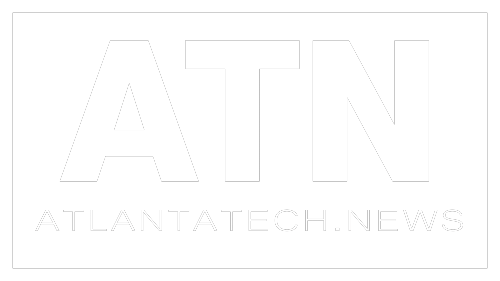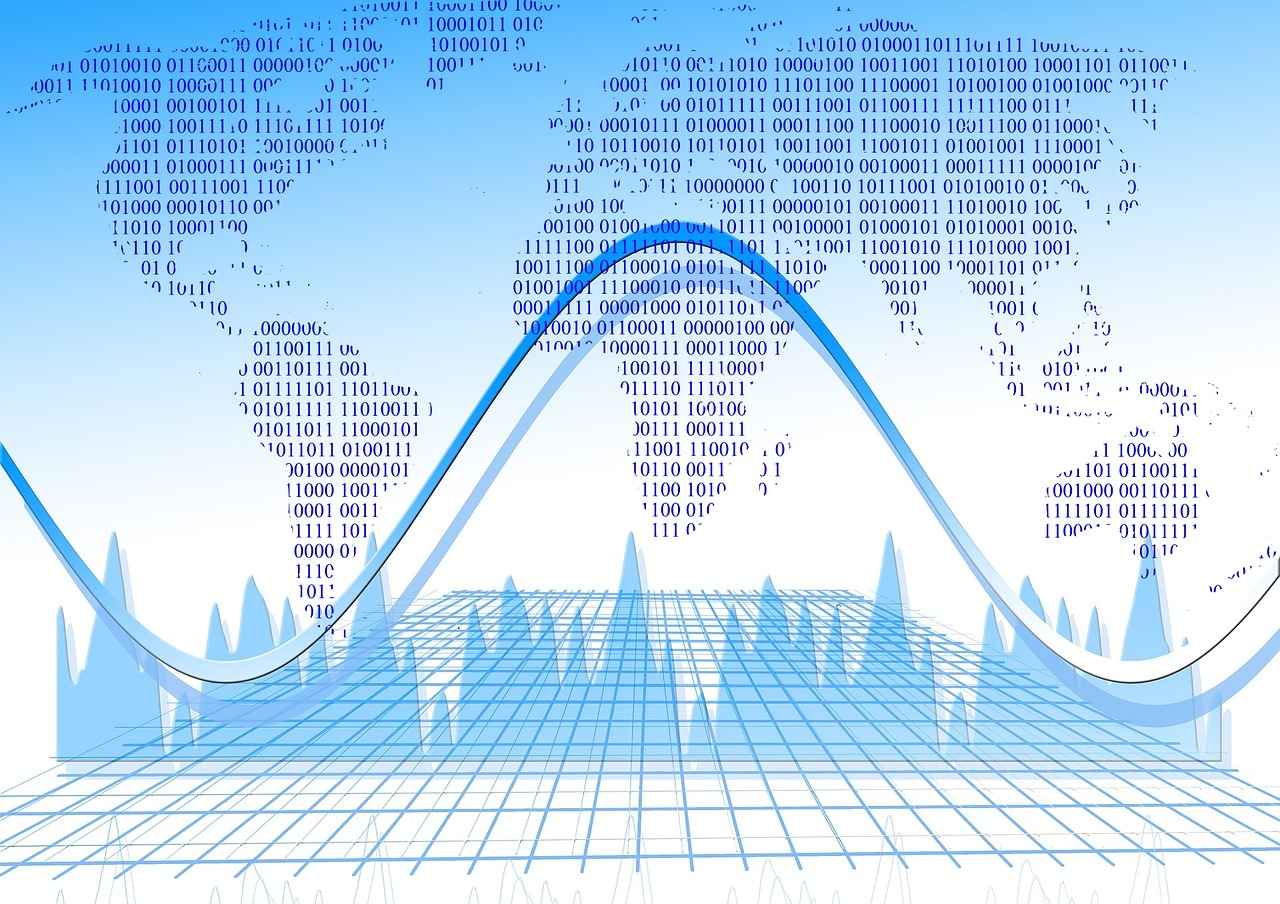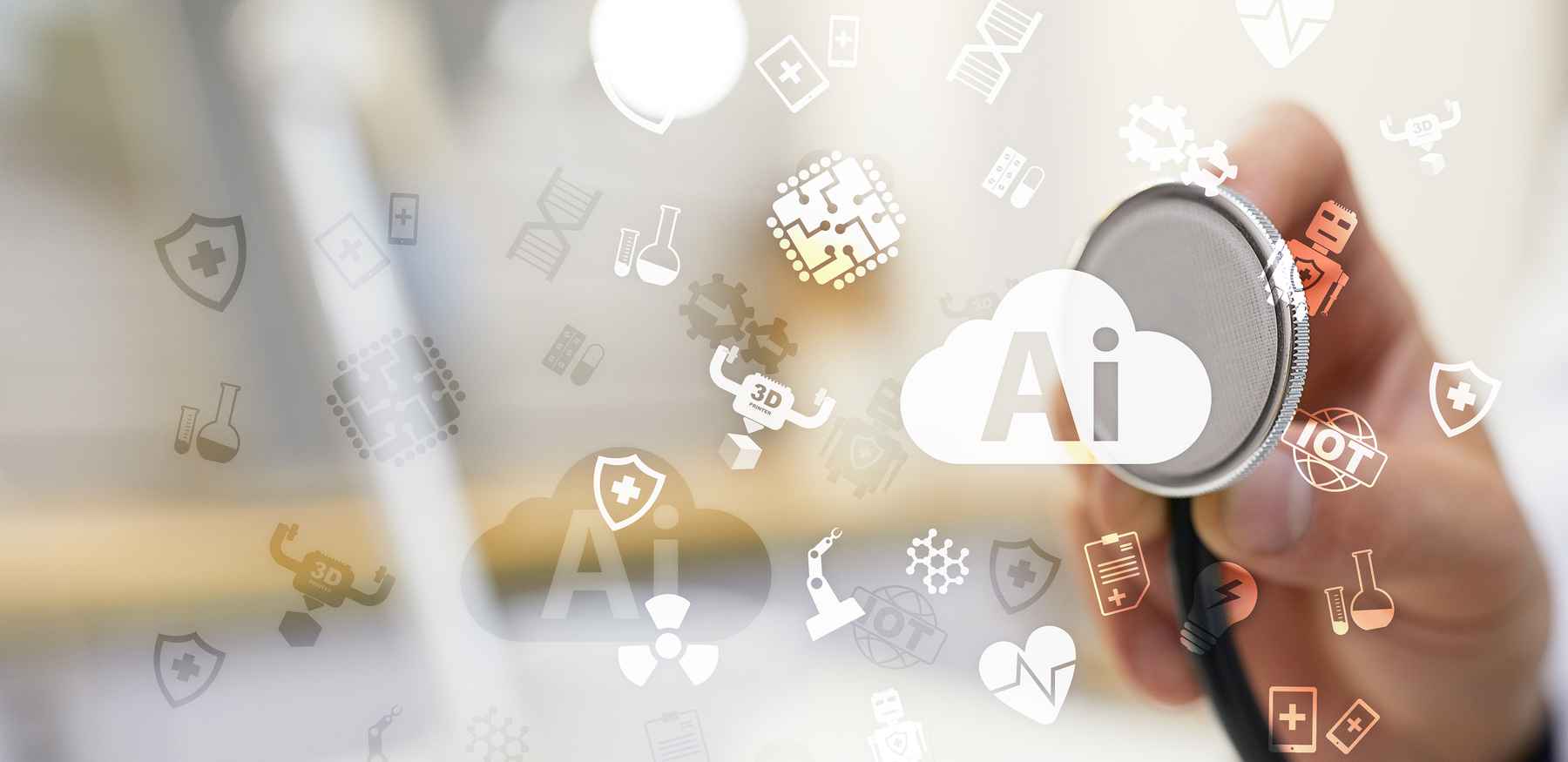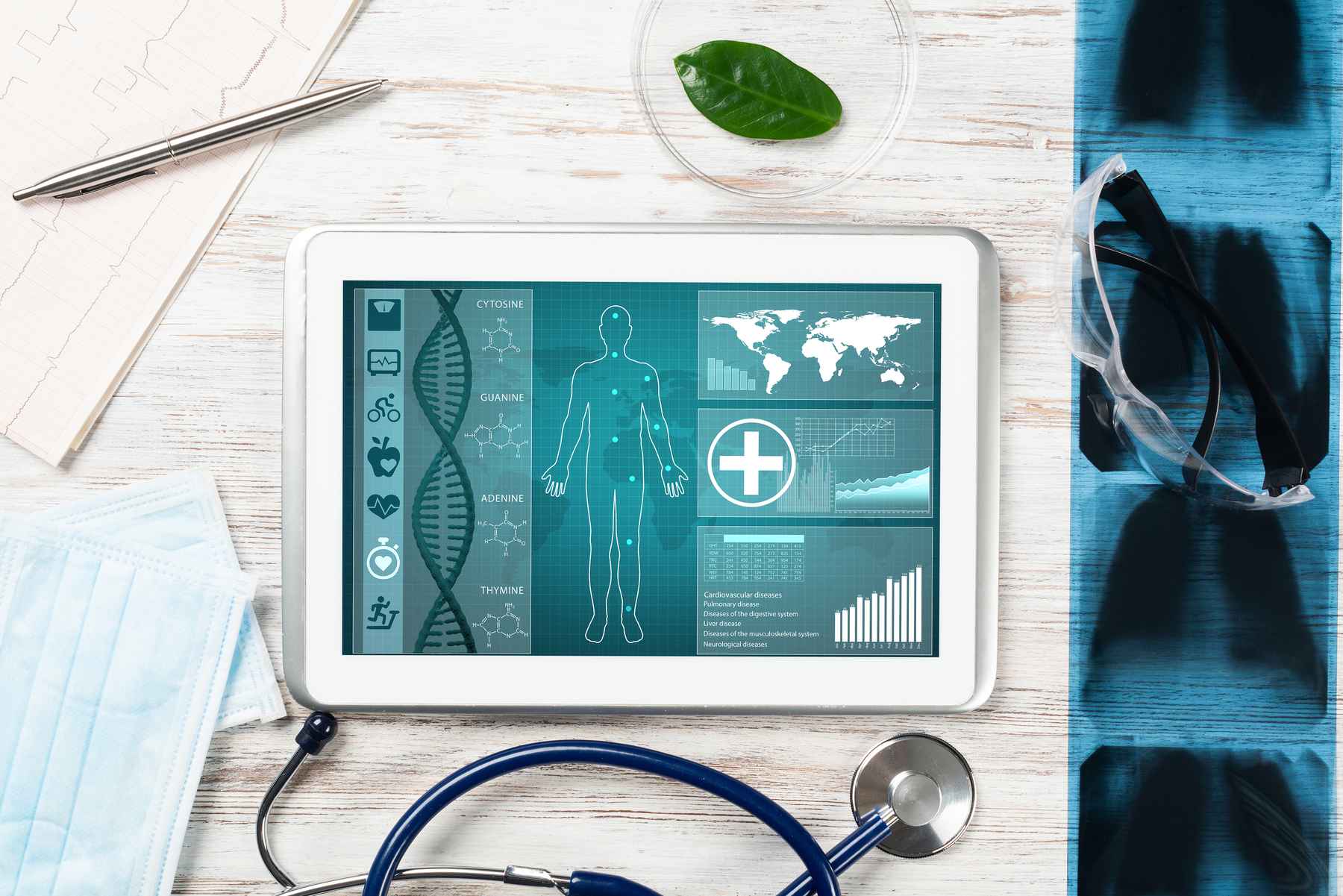Healthcare big data can be likened to the Four V’s: Volume, Variety, Veracity, and Velocity, because it cannot be processed by traditional methods. Healthcare IT professionals need to adopt technology capable of analyzing and leveraging information derived from data scientists and machine learning analytics.
If we leverage this technology in the right way, healthcare will be more affordable, more efficient, and save more lives.
Where Does It All Come From?
According to healthitanalytics.com, healthcare data is going to have more growth than that of media, financial services, and manufacturing through the year 2025. This growth spurt began with digital record keeping and continues to evolve with the introduction of various medical devices that interface with it.
Electronic Health Records
EHRs are the most comprehensive application of healthcare big data, because they include everything from medical history to demographics. Since they are designed to promote cost-effective continuity of care, they are shared between providers. Every record contains a modifiable file that allows each provider to enter information to keep the record current.
They are also designed to generate alerts when a prescription needs to be refilled, when test results come in, or when the patient is scheduled for an appointment.
Internet of Things
IoT is responsible for enabling patient devices and diagnostic equipment to operate at a whole new level by collecting real-time data, uploading it to a centralized data center (or the cloud) for analysis and diagnosis, and receive recommendations or instructions for the patient’s care.
Medical imaging devices armed with artificial intelligence accurately support clinicians in making a diagnosis or determining the correct course of treatment. The rise of chat bots and virtual assistants is also contributing to big data. In the future, robotic health assistants will be available for home care services such as monitoring elderly patients and requesting any necessary assistance.
Challenges
Healthcare has evolved into a consumer-driven industry that leaves physicians competing with a whole lot more than just themselves. Today’s patients are savvy consumers who know what they want and how to advocate for themselves. As a result, medical facilities have to stay competitive or patients will simply go to an independent healthcare company.
As providers continue to rely more on big data research and less on their own experience, the demand for big data in healthcare will continue to increase. Healthcare IT departments will have to support that need by means of the latest technology.







